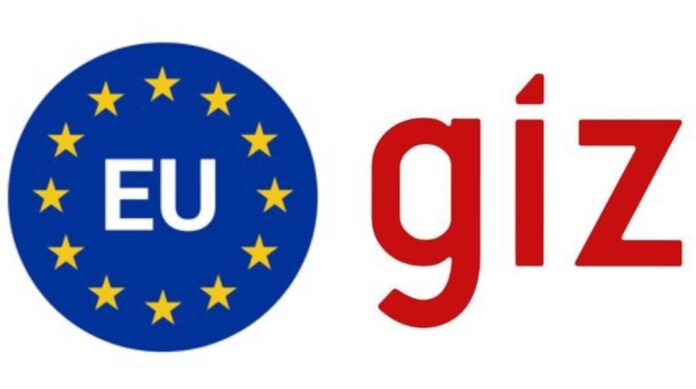The European Union (EU) and Germany’s Deutsche Gesellschaft für Internationale Zusammenarbeit (GIZ) have extended €48 million investment to Nigerian Energy Support Programme (NESP).
With the extension by one year, the EU has granted an additional €15 million funding to the initial €20 million dedicated to supporting the Nigerian renewable energy sector while the total funding for the programme now comprises €35million, from the EU, while €13 million is from the German government.
Speaking at an event in Abuja, Head of Cooperation, EU Delegation to Nigeria and the Economic Community of West African States (ECOWAS), Ms Cecile Tassin-Pelzer disclosed that the programme marks a notable example of how efficient cooperation between Nigeria and the EU.
The NESP is a technical assistance programme, co-funded by the European Union and the German Federal Ministry of Economic Cooperation and Development (BMZ) and implemented by GIZ in collaboration with the Federal Ministry of Power (FMP).
The EU and the German government have now agreed to extend the second phase of the NESP until November 2022 for the EU contribution and until May 2023 for the BMZ contribution.
But beside revving up renewable energy and energy efficiency, the initiative currently going on in about 22 states in the country, has been largely hampered by insecurity in parts of the country, especially in the north.
“The programme is a notable example of efficient cooperation among the EU and the Nigerian partners, bringing tangible results to the country,” Tassin-Pelzer noted.
She pointed out that the initiative was aimed at ensuring that the potential of renewable energy and energy efficiency is utilised in the country, adding that the programme support Nigerian government in developing sustainable energy policies and regulatory instruments.
According to her, these areas include mini-grid regulations, the national renewable energy and energy efficiency policy, and the building energy efficiency code.
In the second phase, she disclosed that attention shifted from framework support to implementation, which heralded the mini-grid acceleration scheme and the interconnected mini-grid acceleration scheme.




